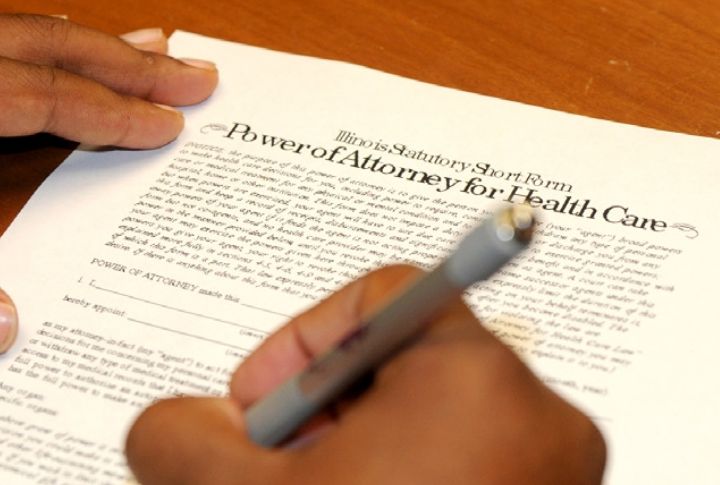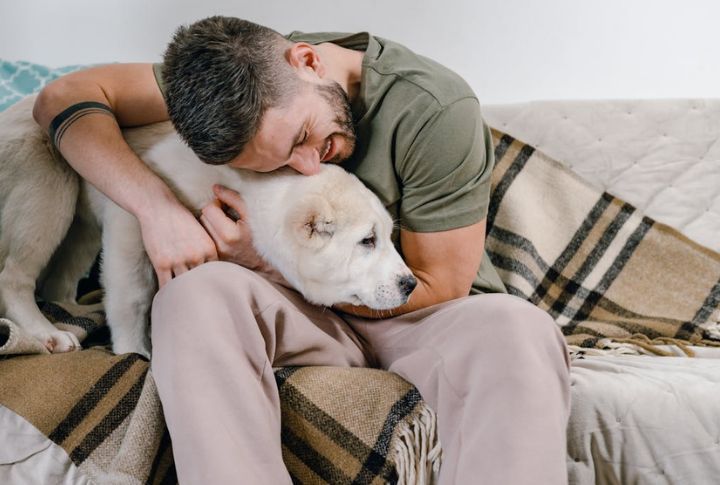
An estate plan serves as a blueprint for what happens when you can no longer make decisions yourself. It defines who will handle your affairs, how your assets will be passed on, and the ways your wishes will be honored so your influence continues into the future. And that’s exactly why having a hold over your estate plan is so important, so here are 10 effective ways to safeguard what matters most.
Name Your Executor Like You Would Choose A CEO

Select an executor like you would hire a top-level manager. They control your estate’s distribution and carry out your wishes, so a poor choice can cause long delays and expensive disputes. In some states, executors even get a percentage of your estate, so be careful.
Create A Will That Covers Your Digital Life Too

For proper protection, digital assets like cryptocurrency, photos, and websites need to be explicitly included in your will. Many courts generally dismiss personal social media accounts unless they generate income. Overlooking these online accounts in estate planning has led to inheritance disputes, sometimes even over Twitter handles.
Set Up A Living Trust

A living trust does both, transferring assets directly to heirs and staying valid if you can’t manage your affairs. Avoiding probate means saving time and thousands of dollars, and in California alone, probate fees can exceed $15,000. Fun fact: Walt Disney was one of the first public advocates for living trusts.
Update Your Beneficiaries

Check and update every beneficiary, from retirement accounts to insurance policies, as these will override wills. Old listings could send money to an ex or someone who’s passed away. Some loyalty programs even transfer points after death, and once distributions start, changes aren’t possible, so act early.
Build Charitable Bequests Into Your Plan

Charitable bequests in estate planning can lower tax burdens and help meaningful charities. To be valid, these gifts require legal documentation accepted by the IRS and probate courts. Donors may also specify conditions to ensure the charity follows its intended mission.
Pre-Plan Your Funeral

Funeral arrangements can be legally set out in a will or revocable trust. With U.S. funerals averaging over $7,800, prepaying can lock in today’s rates decades ahead. Some individuals opt for unconventional choices, including eco-burials using seed pods or reef balls.
Assign A Durable Power Of Attorney For Emergency Decisions

A power of attorney that’s durable will let someone handle financial and legal affairs during incapacity, as non-durable versions expire in such situations. Without this document, relatives may need a costly court-approved guardianship. One fact worth noting is that certain states permit third parties to challenge an existing POA under specific circumstances.
Add Contingency Heirs Just In Case

Skipping contingent beneficiaries can send your estate to probate if the primary heirs are no longer alive. That slows distribution and adds expense, so listing backups avoids court involvement. Some clauses have even funneled inheritances to pets—proof that contingency planning covers nearly any scenario.
Craft An Advance Healthcare Directive

A clear healthcare directive eliminates guesswork if you’re unable to communicate. It’s legally binding and shields loved ones from painful choices. Beyond medical instructions, some people personalize theirs, like including a playlist to be played during their hospital recovery.
Create A Pet Trust

Yes, you can actually leave money to your pet. A pet trust makes it official, and courts will honor it if it’s properly set up and funded. People even go so far as to list caretakers, diets, and play routines—because pets should be treated just as well as any other family member.
